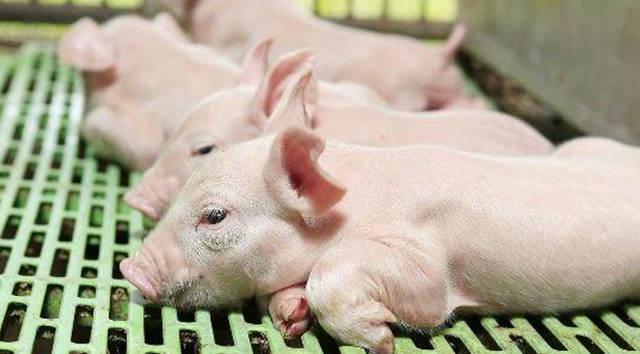The application of organic acids can improve the growth performance of growing broilers and pigs. Paulicks et al. (1996) conducted a dose titration test to evaluate the effect of increasing potassium dicarboxylate level on the performance of growing piglets. 0, 0.4, 0.8, 1.2, 1.6, 2.0, 2.4 and 2.8% potassium dicarboxylate were added to the opening feed of piglets fed corn soybean based diet. The average daily gain, daily feed intake and feed conversion rate of potassium dicarboxylate group were increased by 13%, 9% and 4% respectively. Compared with the untreated group, adding 2% PD increased body weight by 22%. According to the maximum addition level registered by the European authorities of 1.8%, weight gain can be increased to 14%. Feed intake was increased at the same dose. Feed conversion rate (FCR) decreased linearly with the increase of PD, from 1.59 to 1.47. Some researchers have explored the effect of PD on piglet performance. Table 1 summarizes the experimental results of the effects of PD on weight gain (WG) and FCR.
Effects of potassium dicarboxylate on animal weight gain and feed conversion
Potassium dicarboxylate is registered as a non antibiotic growth promoter, which aims to replace antibiotics in feed and ensure consumers' access to safer products. Therefore, the benefits of using potassium dicarboxylate must be compared with the effects of routine use of feed antibiotics. Tylosin is one of the commonly used feed antibiotics for pigs. Danielsen (1998) compared the growth performance of pigs treated with antibiotic growth promoter tylosin or PD. The results showed that potassium dicarboxylate could replace feed antibiotics without any negative effect on animal performance. Studies have shown that potassium dicarboxylate improves the growth performance of animals, and the antibacterial performance of potassium dicarboxylate is the main factor affecting the growth performance.
The effect of organic acids on growth performance is related not only to the adverse effect of organic acids on microorganisms, but also to the reduction of intestinal pH. In addition, the negative ions of acid have a positive effect on the symbiosis of intestinal flora. All these effects reduce intermediate metabolism and help to improve growth performance. The improvement of nutrient utilization is partly due to the reduction of microbial competition for nutrients, but it is also the result of more effective enzyme digestion of nutrients. Roth et al. (1998) reported that 1.8% PD supplementation improved digestibility, mainly reflecting the changes of intestinal microbiota activity. Since about 80% of the nitrogen in feces comes from microorganisms, their results show that PD supplementation can reduce the amount of fermentable nutrients entering the hindgut by improving the enzymatic digestion of the small intestine. They also suggested that it might improve the lean state of carcass by making amino acids easier to deposit protein in the body. Partanene and Mroz (1999) pointed out that low-quality protein sources have a greater effect on the improvement of protein digestibility than high-quality protein sources.
Potassium dicarboxylate can improve animal weight gain, feed intake and feed conversion. The improvement of growth performance is equal to that of growth promoter. Therefore, potassium dicarboxylate has become an effective substitute for feed antibiotics because of its excellent properties. The impact on the microflora is considered to be the main mode of action, and there is no risk of microbial resistance. It reduces the incidence rate of E. coli and Salmonella in meat products.
Post time: Nov-01-2021







